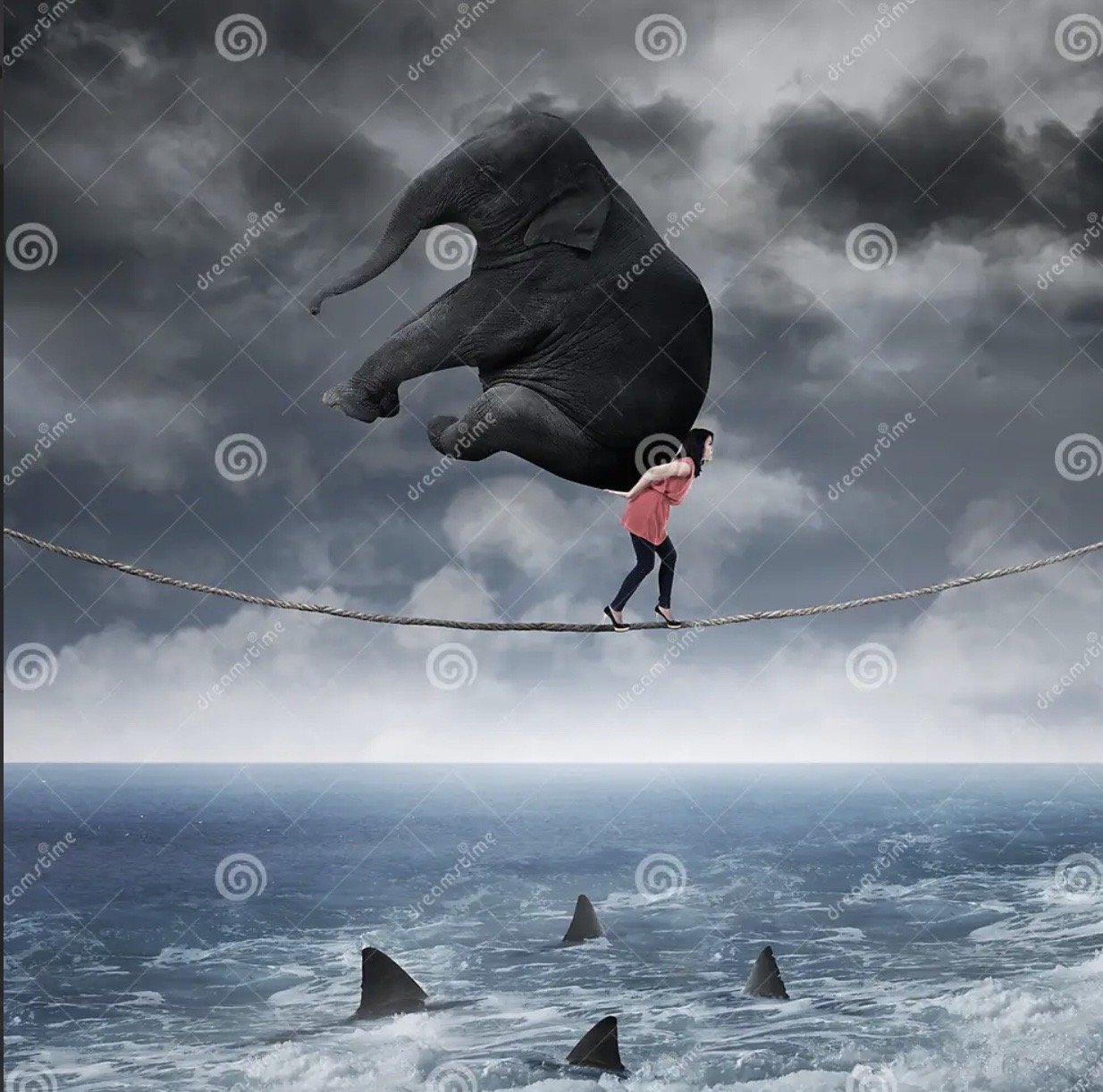Creating Personal Balance in a VUCA environment (Leadership)
“In the midst of chaos, there is also opportunity.” – Sun Tzu
Creating personal balance in a VUCA (volatile, uncertain, complex, and ambiguous) world is essential for leaders to navigate the myriad challenges and maintain a healthy sense of well-being. The old adage “you cannot pour from an empty cup” rings true as leaders are expected to be a pillar of strength and resolve even in times of adversity. Being a balanced leader in a VUCA world requires an intentional mix of personal and professional leadership strategies to create a greater sense of purpose and stability to inform the work that you do on behalf of students, families, and communities. Some strategies to consider are aligned to what we at Cogent Concepts like to call the 6 pillars of Balanced Leadership in a VUCA environment (1) prioritization, (2) adaptability, (3) emotional intelligence, (4) self-care, (5) networks of support, and (6) work-life integration.
1. Emotional Intelligence:
Developing emotional intelligence enables leaders to understand and manage their own emotions effectively, as well as empathize with and connect with others. This skill helps leaders navigate the complexities of interpersonal relationships and make sound decisions. Coupled with self-awareness leaders should cultivate a solid understanding of self to understand one’s strengths, limitations, values, and motivations. This will help to make conscious choices and aligning actions with personal and professional goals.
2. Prioritization and Time Management:
Leaders should identify their priorities and manage their time effectively. This involves setting clear goals, delegating tasks, and practicing effective time management techniques to maintain focus and avoid burnout.
3. Continuous Learning and Adaptability:
Being open to learning and embracing adaptability is crucial in a rapidly changing world. Leaders should seek opportunities to enhance their knowledge and skills, stay updated on industry trends, and be willing to adjust their approaches based on new information.
4. Self-Care:
Prioritizing self-care is vital for leaders to maintain personal balance. This includes getting adequate rest, engaging in physical exercise, practicing mindfulness or meditation, and pursuing activities that bring joy and relaxation.
5. Support Networks:
Cultivating a support network of trusted individuals, such as mentors, peers, or coaches, can provide guidance, feedback, and a sounding board for ideas and concerns. Sharing experiences and seeking support from others can help leaders maintain perspective and resilience.
6. Boundaries and Work-Life Integration:
Establishing clear boundaries between work and personal life is crucial. Leaders should strive for work-life integration, finding ways to create harmony between their professional responsibilities and personal well-being. This may involve setting aside dedicated time for family, hobbies, and self-reflection.
Remember, personal balance is a continuous journey, and leaders should regularly assess and adjust their strategies as needed. By investing in self-care and well-being, leaders can effectively navigate the challenges of a VUCA world and inspire others to do the same.
